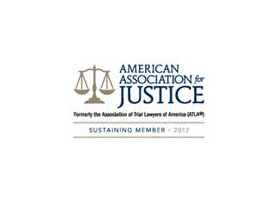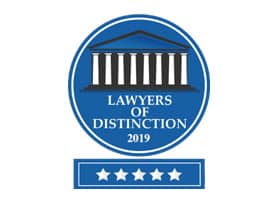Collecting the Necessary Evidence to Convince the Jury
 To win a verdict and recover compensation in a personal injury trial, you must provide evidence to the jury that persuades them that your statement of the facts is most believable. That’s done with compelling evidence, usually both physical and testimonial. What are the tools that your lawyer uses to gather all relevant evidence related to your case?
To win a verdict and recover compensation in a personal injury trial, you must provide evidence to the jury that persuades them that your statement of the facts is most believable. That’s done with compelling evidence, usually both physical and testimonial. What are the tools that your lawyer uses to gather all relevant evidence related to your case?
The Different Methods of Discovery
In legal terminology, the gathering of evidence is a process known as “discovery.” In our legal system, discovery is required to be “open,” meaning that all parties have a right of equal access to all relevant information related to the case. That does not necessarily require that a party voluntarily disclose any evidence discovered, but it does mean that a party may not intentionally conceal or fail to disclose evidence when requested.
One of the most common tools for discovery is the deposition. A deposition is a proceeding where attorneys for either side have the opportunity to ask questions of a party or a witness. There’s customarily a court reporter present, so that all questions and answers are documented in writing. A deposition may also be videotaped. Most witnesses attend depositions voluntarily, but the court has the power to compel appearance by subpoena.
Attorneys for either side may also submit written questions, known as “interrogatories,” to the other side, which must be answered within a certain time period. The judge will typically set a limit on the number of interrogatories that may be submitted.
Lawyers may also file a “request for production” with the court, asking opposing counsel to provide physical evidence for examination and review.
Many attorneys employ the services of a private investigator to help gather evidence for trial. Those investigators may interview witnesses or examine the scene of an accident. A witness is not required to speak to a private investigator, but a party does not need court approval to retain the services of a P.I.
It is also common practice for attorneys to work with expert witnesses during the discovery phase of a trial. Those experts may review documents or examine other physical evidence as part of the process of forming a legal opinion for admission at trial.
Contact Howard D. Popper, P.C.
At Howard D. Popper, P.C., we can help protect your rights. For a free initial consultation to discuss your options when you have been hurt because of someone else’s negligence, contact our office online or call 973-993-8787 to set up an appointment. We have offices in Morristown and Newton.
We handle all personal injury claims on a contingent fee basis. You won’t pay any attorney fees unless we recover damages for your losses.












